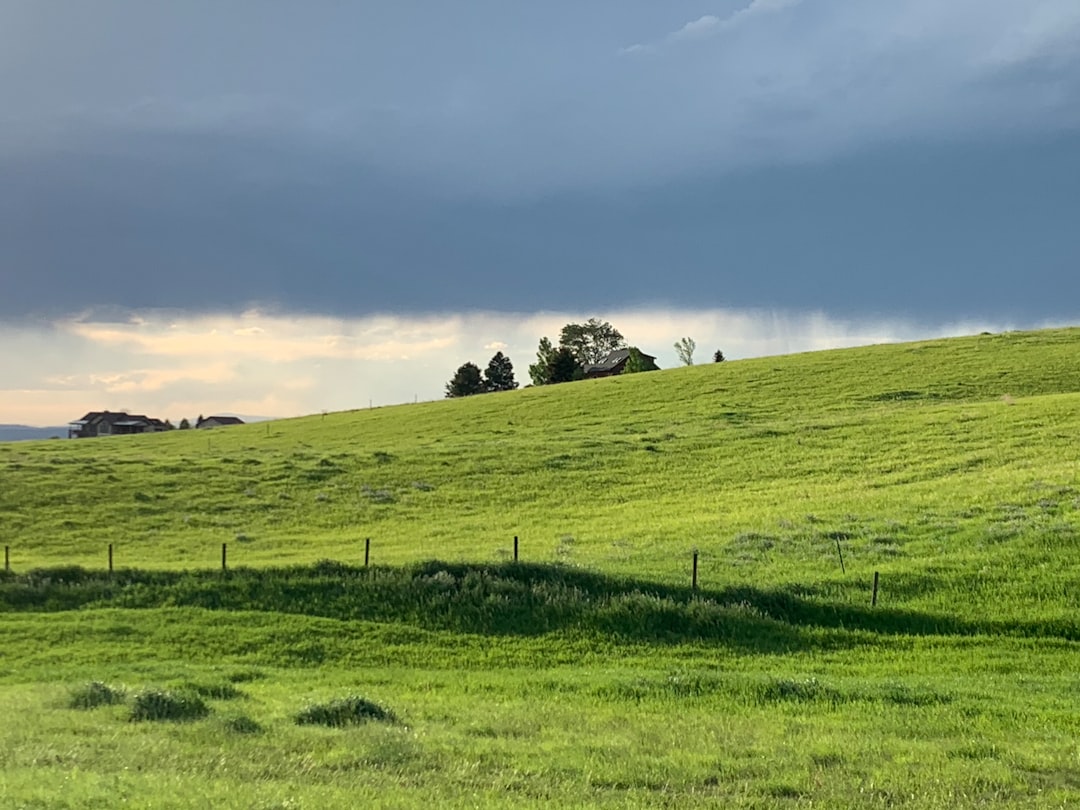Telemarketing practices in Missoula and Montana are regulated to protect consumers from unwanted calls and deceptive sales tactics. A "Do Not Call" lawyer can guide consumers on opting out, registering with registries, filing complaints, and seeking legal recourse against violators. The National Do-Not-Call Registry has limitations due to loopholes and exemptions for local businesses. Advocating for stronger consumer protections involves engaging with lawmakers, lobbying groups, media outlets, social media, and legal experts like a Do Not Call Lawyer Montana or Do Not Call Attorney Montana. These efforts aim to restrict intrusive telemarketing practices and enhance consumer peace of mind in Missoula and across the state.
Missoula residents deserve robust consumer protections against intrusive telemarketing practices. This article guides you through the intricate landscape of telemarketing laws in Montana, focusing on your rights and how to advocate for stronger regulations. From understanding the prevalence of telemarketing calls to exploring the effectiveness of current Do-Not-Call lists, we provide insights into what works—and what doesn’t. Learn from our experts about effective strategies to push for enhanced legal safeguards as a `Do not call lawyer Montana`, `Do not call attorney Montana`, or through any reputable `do not call law firm Montana`.
Understanding Telemarketing Practices and Consumer Rights in Montana

In Missoula, as in the rest of Montana, telemarketing practices are regulated to protect consumers from unwanted calls and deceptive sales tactics. Understanding your rights under these regulations is the first step in advocating for stronger consumer protections. According to state laws, individuals have the right to opt-out of telemarketing calls, and businesses must obtain explicit consent before initiating such contacts.
If you’re tired of persistent or harassing telemarketing calls, a “Do Not Call” lawyer in Montana can help. Legal professionals specializing in this area guide consumers on how to register with state and national “Do Not Call” registries, file complaints against violators, and seek legal recourse if necessary. By engaging the services of a local attorney, you contribute to strengthening consumer rights and ensuring that businesses adhere to ethical telemarketing practices.
The Current Landscape of Do-Not-Call Lists and Their Effectiveness

In Missoula and across Montana, consumers have a powerful tool at their disposal to combat unwanted telemarketing calls—the National Do-Not-Call Registry. This federal list allows individuals to opt-out of receiving marketing calls from any phone number on the registry. However, its effectiveness is limited by certain factors. Many telemarketers find loopholes and use “relisted” or “spoofed” numbers, which bypass the system. Moreover, local businesses and charities are often exempt, leaving consumers vulnerable to excessive calls from these entities.
While the Do-Not-Call Registry offers a starting point for consumer protection, it’s clear that more robust measures are needed. Working with legal experts, such as a do not call lawyer Montana, consumer advocacy groups, and regulatory bodies can help establish stronger regulations. This could include stricter penalties for violators, better tracking of calls, and broader exemptions for legitimate organizations. By strengthening the framework surrounding do-not-call lists, Montanans can experience greater peace of mind and control over their phone communications.
Strategies for Advocating Stronger Consumer Protections Against Telemarketing

Advocating for stronger consumer protections against telemarketing requires a multi-faceted approach. One effective strategy is to engage directly with local representatives and lawmakers in Montana, such as those at the Montana Legislature. By scheduling meetings or participating in public hearings, you can voice the concerns of your community and propose legislation that restricts intrusive telemarketing practices. Additionally, utilizing social media platforms and online petitions can help amplify these messages, reaching a broader audience and generating support for change.
Another key strategy is to collaborate with consumer advocacy groups and non-profit organizations in Montana that share similar goals. Together, these entities can lobby policymakers, conduct awareness campaigns, and offer educational resources to empower consumers. Furthermore, working with local media outlets to publish articles or features about the negative impacts of telemarketing can help inform the public and put pressure on businesses to adopt more ethical practices. Engaging in these strategies can lead to significant improvements in consumer protections, making Missoula a safer place for residents dealing with unwanted telemarketing calls.






